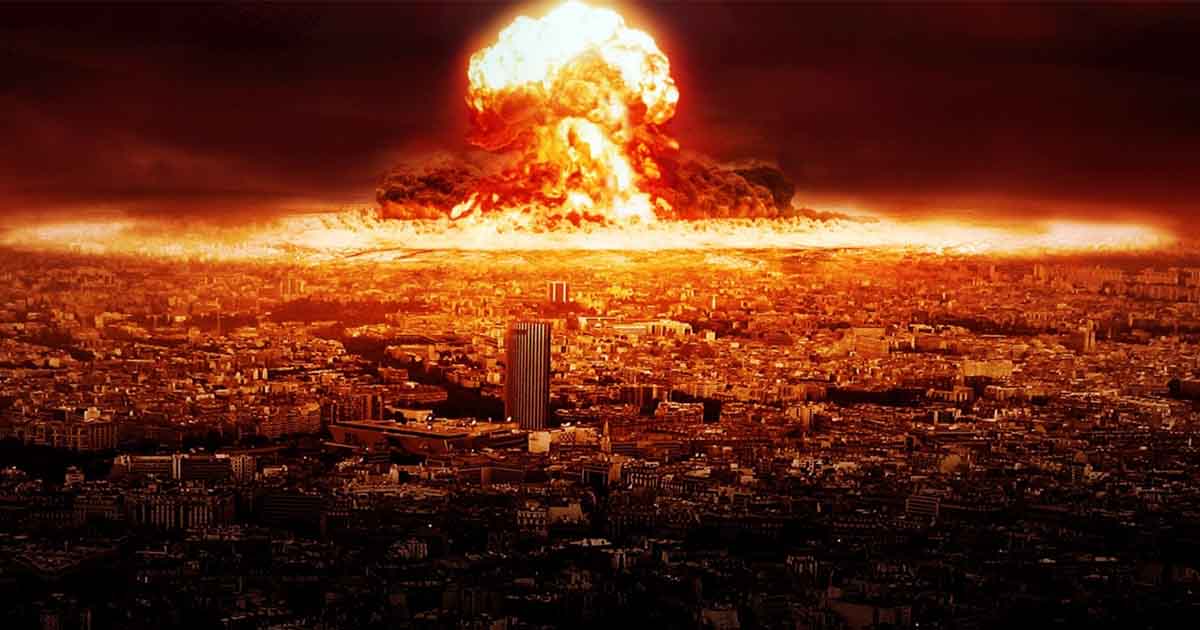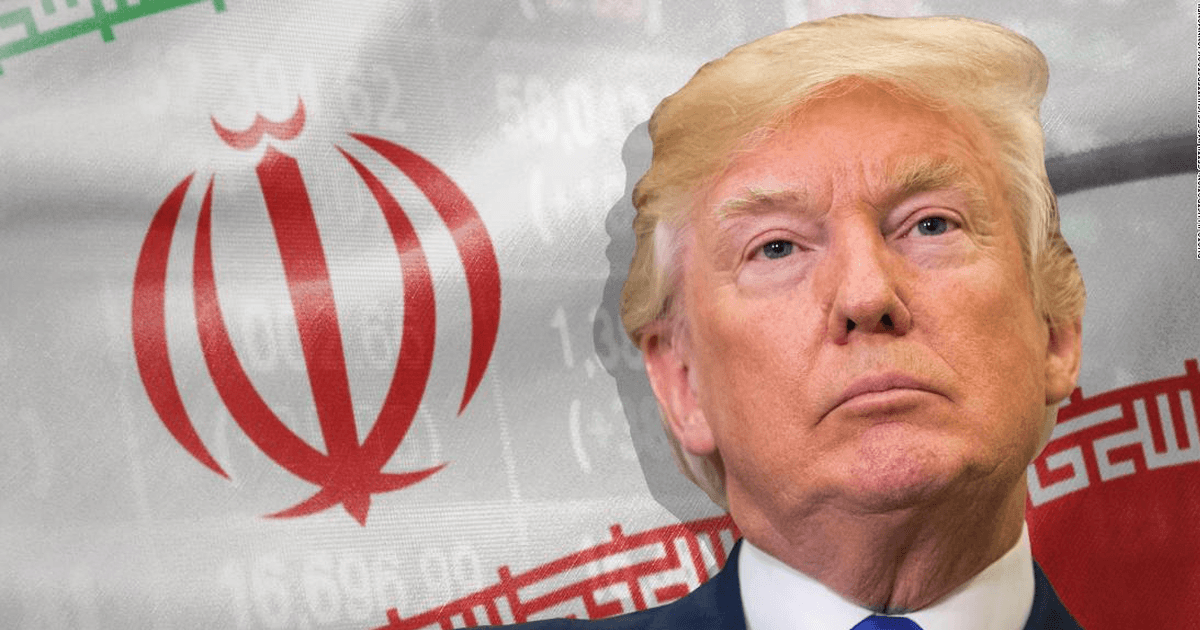News Analysis |
Renata Dwan, director of U.N Institute of disarmament research (UNIDR), has called for urgent deliberation into what she termed an “urgent” matter as the threat spectrum for a nuclear war is higher than ever since World War II. The new dimensions of war, which include private sector forces, presence of armed groups supported by states all around the world and cyber warfare has blurred what was once clear about offense and defense.
“I think that it’s genuinely a call to recognize – and this has been somewhat missing in the media coverage of the issues – that the risks of nuclear war are particularly high now, and the risks of the use of nuclear weapons, for some of the factors I pointed out, are higher now than at any time since World War Two”, She said.
The recent escalation between the two nuclear powers of South Asia has once again reiterated the fact that due to the Kashmir dispute, this part of the world has the potential to undergo a nuclear-armed conflict.
The most significant development to the objective of nuclear disarmament, since the Non-Proliferation Treaty, came back in 2017 when 122 countries voted in favor of a treaty on nuclear ban called “Treaty on the Prohibition of Nuclear Weapons”. But it needs at least 50 ratifications to come into effect as right now it is non-binding. So far 23 countries including, Austria, Thailand, Mexico and South Africa, have ratified the treaty whereas United States, Russia and other countries, which possess the nuclear weapons have opposed it.
Read more: Twenty years of nuclearization of South Asia: Lessons, challenges and way…
A halt to Disarmament Efforts
Serious efforts to put a cap on the proliferation of nuclear weapons, with the secondary goal of disarmament, came with the Nuclear Non-Proliferation Treaty. But it has not proved to be ineffective as countries like India, Pakistan, North Korea and Israel have achieved the nuclear capability and those countries that already had the nuclear weapons made serious effort to disband them.
In the last half of 20th century, most comprehensive framework of arms control was adopted due to the constant threat of nuclear war as the victors of WWII, and two superpowers were contesting to dominate their respective ideologies. Some significant treaties like the Comprehensive Test Ban Treaty (CTBT), Intermediate-Range Nuclear Forces Treaty (INFT) and New START, were signed between the Soviet Union and the United States.
Serious efforts to put a cap on the proliferation of nuclear weapons, with the secondary goal of disarmament, came with the Nuclear Non-Proliferation Treaty.
But fast forward today, both United States and Russia are gradually pulling themselves out of this treaty, which is worrisome, as with the inclusion of China into the equation, the complexity of the order which prevented escalation in the past has increased, as indicated by the U.N arms control chief in her assessment.
Read more: Is Indo-Pak nuclear war imminent?
Most Hostile Terrains for a Nuclear Conflict
Possession of nuclear arms by North Korea has long been seen as a real threat to global peace but the assessment is dominated due to western interest to maintain a global hegemony over weapons of mass destruction. When intimidated by the United States, Kim Jong Un responded with reference to the nuclear button and it was used as an argument that North Korea is a rogue state, therefore it should be stripped off the nuclear strength.
But the possibility of an armed conflict is relatively low as the United States itself has realized that diplomacy is the only way ahead if denuclearization of the Korean peninsula is to be reached. However, the recent escalation between the two nuclear powers of South Asia has once again reiterated the fact that due to the Kashmir dispute, this part of the world has the potential to undergo a nuclear-armed conflict.
Read more: Russia warns Trump over ‘dangerous’ plan to quit nuclear treaty
Nuclear yield these days is far more potent than the bombs dropped on Hiroshima and Nagasaki and since South Asia is the most densely populated region of the world, the direct damage is beyond assessment with indirect impact on the entire world due to radiation outbreak.
Realism forecasts that nuclear weapons are here to stay therefore the only way to avoid the nuclear fallout is to resolve the reason of dispute between countries, such as Kashmir issue, for the sake of global security.














